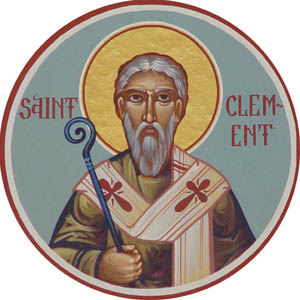So much of the Bible is appropriately metaphorical and we need to know what it actually refers to. But much more important than that is to get into our heads what the New Testament really is banging on about, which is resurrection, which is not a synonym for going to heaven when you die, but is what is going to happen after that.
I've often said, heaven is important but it's not the end of the world. What the New Testament is on about is what I call "life after life after death." That is, resurrection life after whatever state we go into after death. The New Testament teaches a two-stage post-mortem eschatology. And it goes on and on about resurrection and says very little about the intermediate state, which we can call heaven if we like. It's very interesting that so much Western Christianity has focused on the intermediate state so much that it's forgotten that there is an ultimate resurrection. It thinks that heaven is all there is.
- N.T. Wright, in Christianity Today, June 7, 2004
Here's another that examines the question, "Do Western Christians really believe in the Resurrection?" It's readable and informative, so do check it out if you're interested in the matter.
If death is the dissolution of this body, never to be reassembled, then death has succeeded in saying present creation is bad and is going to be abandoned. But resurrection says, No. Present creation is good. It is corruptible and transient, not least because of sin, but God, having dealt with sin in the cross of Jesus Christ, will deal with corruption. And the result therefore must be the reaffirmation of the good creation, including the reaffirmation of human bodies.- Wright, in Christianity Today, April 14, 2003.
Discussion?









